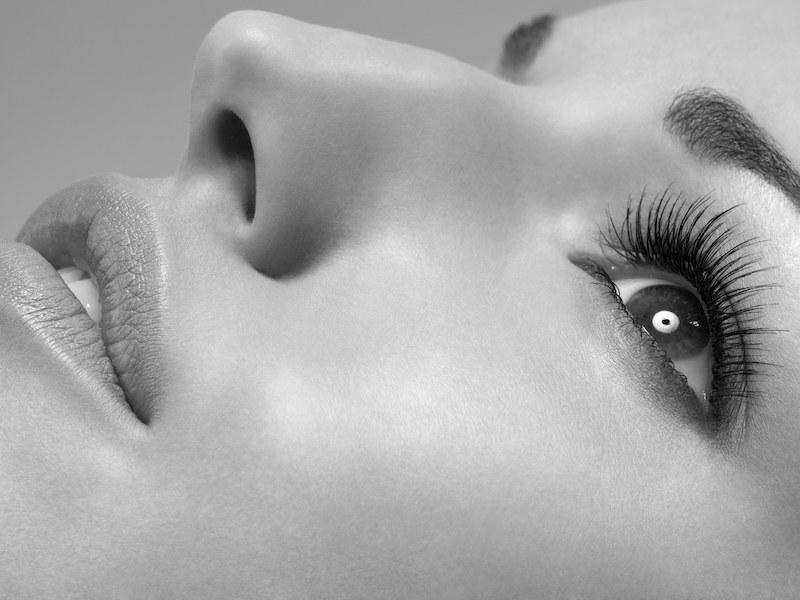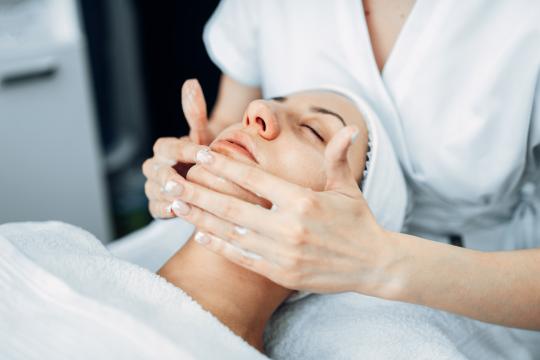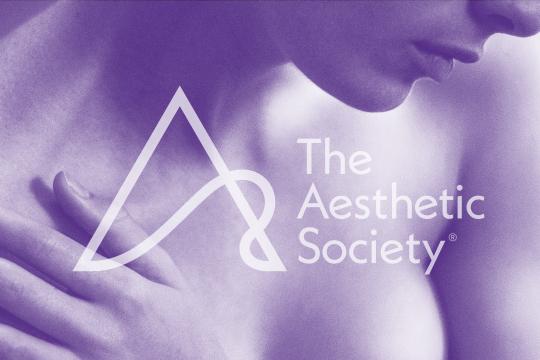The body is a wondrous thing, is it not? From the intricate workings of your innards to the magnificent mechanics of your outers, the human body is rife with bells, whistles, and countless charms. And yet, it’s not all unicorns and rainbows. How can it be, when stress and its corresponding hormone cortisol are lying in wait for the least little stressor to occur, at which point it infiltrates, wreaking havoc on your skin and hair. It’s all downright stressful. And thus the cycle repeats itself.
Let’s face it. Stress can do a number on your looks. And real life is chock full of daily stressors that are too intense to “ohm” away. Those same stressors can lead you down the path of eating poorly and/or not eating at all, forcing your body into self-preservation mode, which places your hair and skin flat on the bottom of the priority list, in favor of more important things like, you know… your vital organs.
And if that wasn’t enough to stress you out, let’s unpack why.
Hair:
When your body goes into stress-preservation mode, any hair follicles that are in the growing stage are thrown directly into the resting and shedding phase, causing your precious locks to fall straight out of your head—sob. You may start to see your normal daily hair loss (about 100 strands) inch it’s way up to a much scarier number (over 300). You may also find that stress triggers an autoimmune disorder like alopecia areata, coin-sized bald patches, and/or the loss of eyebrows and eyelashes—*gasp! We know, we know. All that hair loss is darn-right stressful. Which isn’t helping. But here’s what you can do:
- Learn how to manage your stress. This will vary from person to person—meditation, regular exercise, therapy, drinking wine… okay, not that last one, but cheers! Managing your stress can effectively turn hair loss around in 6 to 10 months.
- Have your doctor test you for deficiencies. Sometimes taking supplements to replenish any vitamins and minerals that you might be lacking can help reverse hair loss. But buyer beware, products promising “hair growth” abound, check with your doctor to ensure that it’s a deficiency that’s causing your hair loss before you start shelling out the big bucks.
- In certain cases stress can lead to permanent hair loss. Sadly, thinning hair and baldness can bring with it a loss of confidence and even more stress. A consult with a board-certified plastic surgeon can help you explore the possibility of hair transplantation and whether or not you’re a good candidate.
Skin:
And lest you think your other bits and bobs were safe from the effects of stress, we assure you, they’re not—your skin is another prime target. From simply losing that dewy glow, to bouts of acne, and an increase in fine lines and wrinkles, stress can lead to all sorts of skin mayhem, including looking looking older than you really are.
Here’s how that little buzzkill works. The heightened levels of adrenaline and cortisol essentially tell your body to free up more glucose (blood sugar) in order to have the energy necessary to fend off the “threat” (a.k.a. that impending deadline, argumentative ex, or overbearing boss.) When this happens, the raised sugar molecules in your collagen form compounds called advanced glycation end products or AGEs (*ahem), which stiffens collagen, giving your skin a brittle appearance. Oh, and did we mention that cortisol also reduces levels of skin-plumping glycosaminoglycan and hyaluronic acid? Yep, it does that too. And we are not here for that.
- Calm the hell down. Finding ways to manage your stress can help. Try yoga, meditation, a brisk walk, all the fun stuff (*sans the drinking—that’s not going to help your skin) that we hammered on for hair loss. When you feel your stress trigger getting itchy—stop and use that moment to rehash all of the dreadful effects of stress that we’ve highlighted and see if that doesn’t put things in perspective. (Or, you know, cause even more stress.)
- And stress eating? Well you can forget about that outlet. Reducing your simple carbohydrate (white sugar, high-fructose corn syrup, cake) intake can help stabilize blood sugar, putting a big damper on the AGEs party that’s happening on your face.
- Peptide- or retinol-containing products can help produce new collagen, and microdermabrasion, IPL and laser skin resurfacing can help address the damage that stress has already splayed across your face. Your doctor can help you decide which procedures might be right for you.
It’s a sad statement on the modern era, but that stress we’re all feeling is literally written all over our face… and our hair… and probably some other parts that we didn’t have the heart to mentioned in this post. All of which is a little… stressful. *sigh






